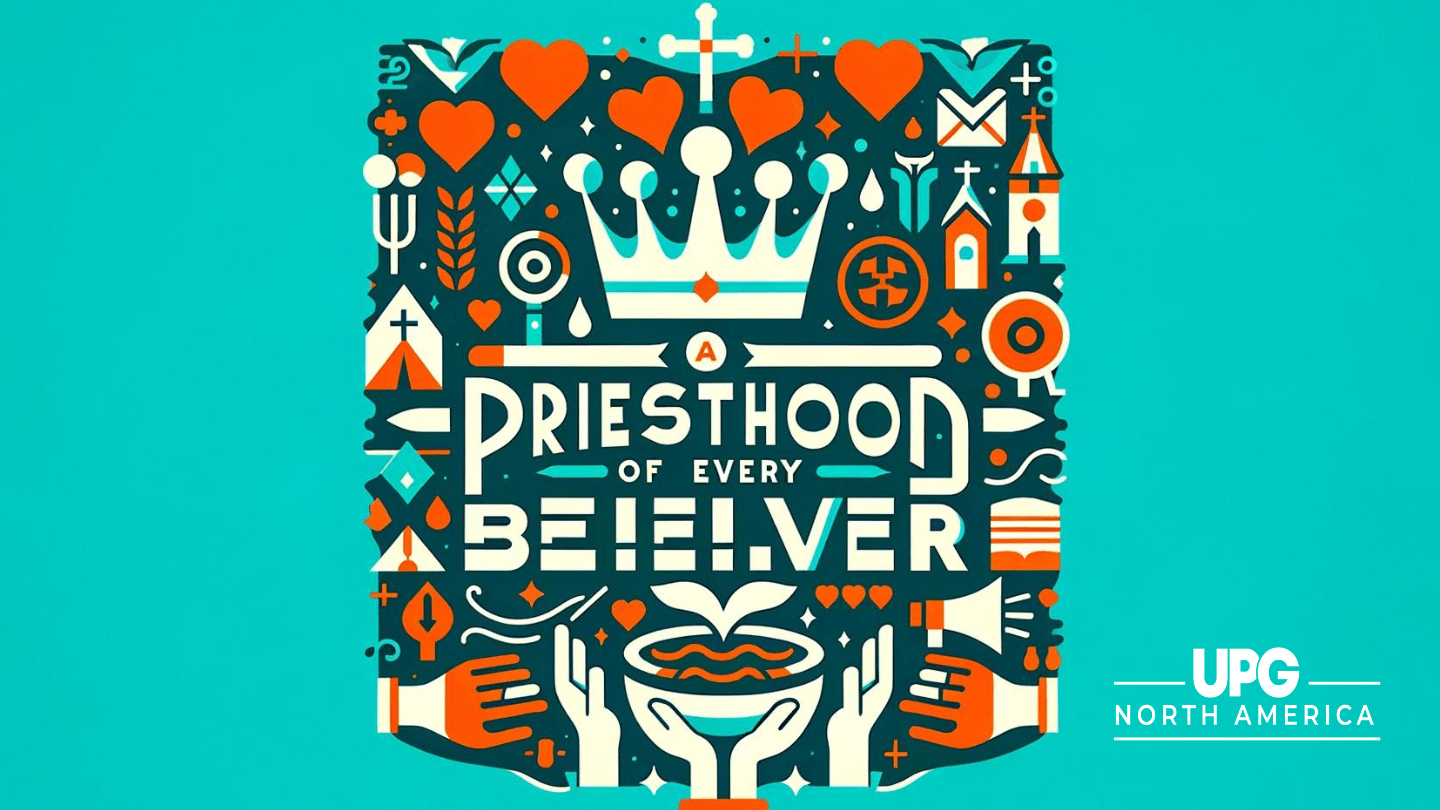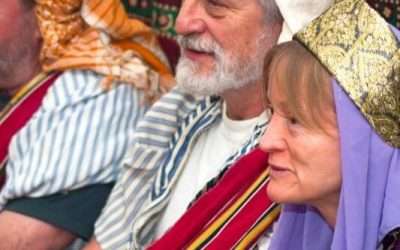One of the core tenets that emerged from the Protestant Reformation was the doctrine of the priesthood of the believer. This teaching rocked the medieval Catholic Church to its core by asserting that every Christian has direct access to God through Jesus Christ, eliminating the need for an earthly mediator like a priest. However, while the priesthood of the believer does affirm our access to the Lord, its deeper significance is in the sacred duties and responsibilities it places upon every follower of Christ.
Too often, the priesthood of the believer has been viewed merely as a statement about our position before God – that we can approach the throne of grace boldly and do not need another person to stand between us and our Heavenly Father (Hebrews 4:16). While this aspect is true and precious, it misses the functional reality that the priesthood is not primarily about access, but about the service to which we have all been called.
In the Old Testament, the Levitical priests had very clear roles and obligations. They were to make sacrifices and offerings, teach the law to the people, pray on behalf of the congregation, and represent the people before God (Malachi 2:7). Since Christ’s final sacrifice on the cross, we no longer need to make animal sacrifices, and all other aspects of the priestly office now apply to every believer in Jesus.
We are called to continually offer up spiritual sacrifices of praise, good works done in Jesus’ name, our resources, and our very selves (Hebrews 13:15-16, Romans 12:1). Just as the Levitical priests taught the law, we are to make disciples of all nations by teaching them to obey everything Christ commanded (Matthew 28:19-20). We are invited to come boldly before God’s throne of grace to find help in our time of need and to intercede for others in prayer (Hebrews 4:16, 1 Timothy 2:1). And perhaps most significantly, we represent God Himself to the world around us, as His ambassadors and ministers of reconciliation (2 Corinthians 5:18-20).
Unfortunately, this full-orbed understanding of the priesthood of the believer did not get consistently implemented in the years following the Protestant Reformation. While average Christians suddenly had access to the Scriptures in their own languages and could read the Word for themselves, much of the actual ministry and representation before God remained confined to the professional clergy class. There are a few key reasons this disconnection persisted:
- A lingering mentality was that spiritual leadership was primarily the job of theologians and pastors with years of intensive biblical training. This dichotomy between “clergy” and “laity” undercut the revolutionary concept of the priesthood of all believers.
- The denominations and church structures that emerged from the Reformation still concentrated power and authority in the hands of a few educated men instead of dispersing it to every spirit-empowered believer.
- Many Christians lack the biblical literacy and discipleship to appropriate their high callings as royal priests. It is one thing to have access to the Scriptures; it is quite another to be equipped to study, obey, and represent their truth effectively.
Today, we are blessed to have numerous examples of churches and movements that are unlocking the priesthood of the believer for all of God’s people. Here are three key ways we can all participate in this biblical truth:
- Immerse Ourselves in God’s Word and Ways – In past eras, the dedicated study of Scripture and pursuit of intimacy with God was often confined to professional religious orders like monks and nuns. However, as a royal priesthood, every believer is called to this kind of wholehearted commitment to biblical literacy and covenant faithfulness. We must develop the same disciplined hunger to saturate our minds with God’s truth and our hearts with His presence. Just as the priests of old were set apart to continually minister before the Lord, our lives ought to be marked by that same seriousness about knowing our Bible and walking in intimate obedience to Christ. When we collectively embrace this monastic-like focus on God’s Word and ways, we will walk authentically as His ambassadors and representatives to the world around us.
- Invest in discipleship and equipping – Our churches should be training grounds where every believer gets developed in their spiritual gifts, character, biblical knowledge, and ability to minister the gospel to others. Doing this in an intentional, robust way unleashes the vast power and potential resident in the priesthood of the believer.
- Decentralize ministry – Instead of concentrating all the “ministry” roles within a select group of professional clergy, we need to identify, empower, and deploy the gifts and callings spread throughout the entire body. Every member is a minister with a unique priesthood to fulfill as we collectively display God’s glory to the world.
The Protestant Reformers recovered a crucial truth in the priesthood of the believer. But this doctrine was never just about our own access to God – it was equally about every Christian embracing the high calling of representing our Savior before a watching world. As we realign our churches around this truth, mobilizing and equipping each believer to walk in their royal priestly identity fully, we will see powerful renewal and revival sweep through Christ’s body once again.




